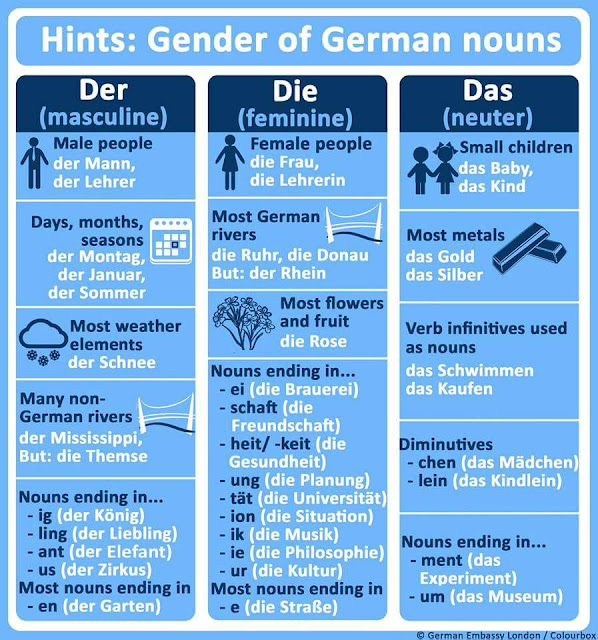10th May 2021
ITS versus IT'S
- ITS menunjukkan KEPUNYAAN. Sesuatu/seseorang yang menjadi kepunyaan kepada SESUATU BENDA/OBJEK.
tips: Pikir satu benda, dan apa yang menjadi kepunyaan benda tu kita gunakan its.
The cat is mine and ITS kittens are very cute. (anak kucing kepunyaan kucing itu)
I watched a movie and its director is Christopher Nolan.
I watch a very interesting program on tv but its script is bad. (the script BELONGS to the movie)
- IT’S = ‘IT IS’ (keadaan sesuatu).
IT’S hot today and I am very thirsty.
Sentence samples:
ITS
- The car is nice and ITS key is on my desk. (its key = kunci kereta)
- She gave me a book and ITS cover is very beautiful. (its cover = kulit buku)
- That computer was broken and ITS charger is inside my drawer.
- This house is for sale. You may contact ITS owner if you wish to buy it.
- The camera is expensive and ITS image is marvelous.
- Siti has a cat, its name is Johny.
- Our school library is small yet its selection of books varies
IT'S
- The dress is mine and IT’S quite expensive.
- IT’S a very interesting show.
- The BSH cat is cute but IT'S slightly expensive.
- IT'S hot and sunny this morning
- IT'S a funny movie and I can't stop watching it.
- Mummy bakes a cake and it's yummy!
- It's going to rain so you'd better bring an umbrella.
Grammar points:
- SHE GIVES (kalau she, he it, verb dia mesti ada 's' untuk Present tense)
She gives me a blouse...
The school needs to...
- May Allah BLESS you all... lepas 'May' kita gunakan verb dalam bentuk asal
- We always say it belongs ✔️ not its belong ❌
- a lot of work OR lots of workIt's going to rain so you'd better bring an umbrella.
- shine vs shiny
Shine tu kata kerja. Verb. The stars shine so gloriously tonight.
Shiny tu kata sifat. Adjective. The shoes are so shiny.
